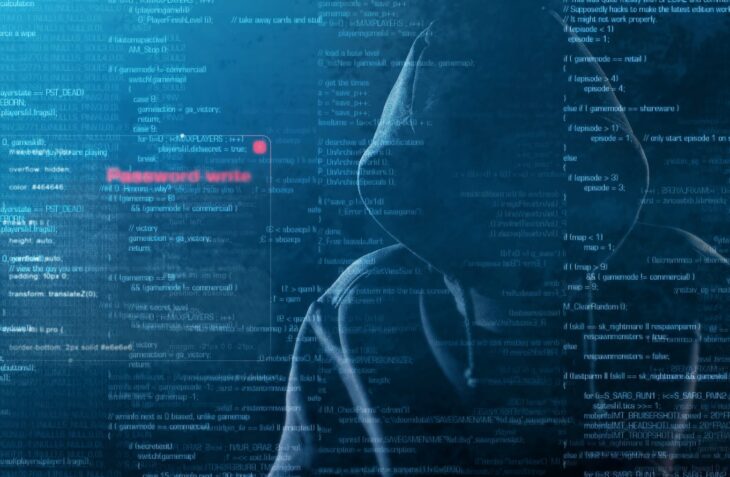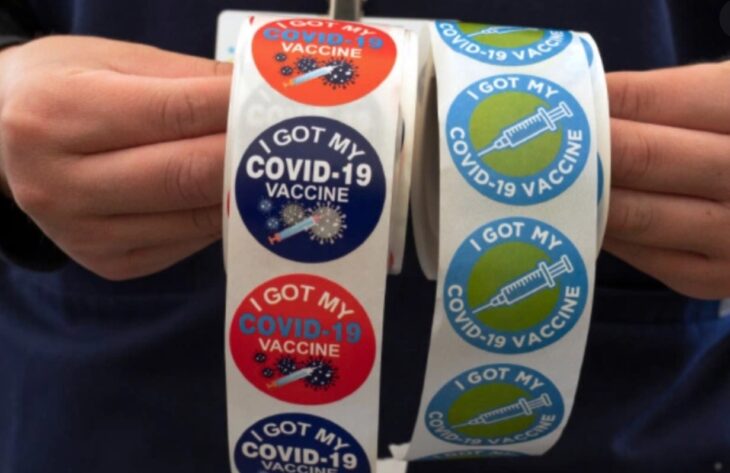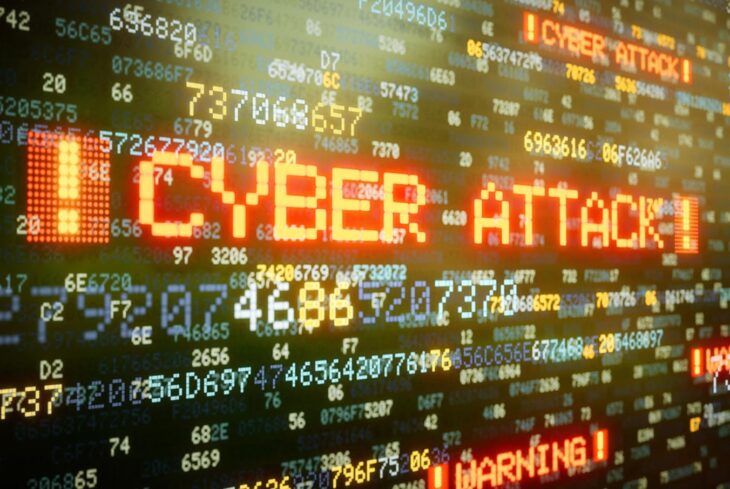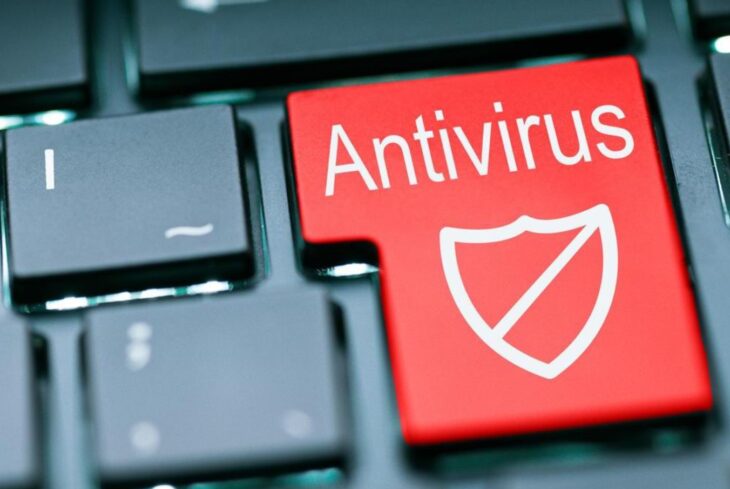It is a pandemic for humans and an epidemic for technology. COVID has hit everyone so unexpectedly and right where it hurts.
Scammers are, unfortunately, very smart and creative; they know how to take advantage of a situation to help their case. The coronavirus situation made a perfect environment for these scammers to grow their evil plans.

Source: wausaupilotandreview.com
Contents
Phony Remedies
COVID spread panic among people, a virus that seemed to have come out of nowhere, with no way to stop it. Therefore, Scammers have been taking advantage of people’s vulnerability by offering them fake medications.
They have been claiming that they have medicines which have proved to be effective in treating the coronavirus. And because people had been desperate to put an end to the losses caused by the coronavirus, they have been willing to buy any alleged treatment just to try it out.
With the peak of the second wave of COVID in India, patients have been gasping for air, desperately looking for oxygen. And we say this quite literally. And so, fraudsters took the opportunity to sell people fake medical supplies and drugs.
Earlier this month, “Police in India have recently made arrests in Mumbai, New Delhi and Kolkata, charging people with trying in various ways to take advantage of strong demand for Covid-19 vaccines.” (The Wall Street Journal)

Source: information-age.com
The Rise of Cybercrime
While everyone was struggling to survive the pandemic, hackers and scammers saw this as a golden opportunity. The Federal Trade Commission (FTC) had logged more than 538,000 consumer complaints by July 5, most of them involving fraud and identity theft, costing consumers over $485.7 million. (AARP)
The number of email scams rose by %600+ in March of 2024 alone. And in April 2024, when all organizations were using Zoom for any lecture or meeting, half a million Zoom user accounts were compromised and sold on the dark web. (Dtabasix)
The Department of Health and Human Services warns people that scammers use some of the following techniques to invade and steal their private data:
- They are pretending to sell and ship doses of the vaccine.
- They are sending phishing emails with malicious links.
- They are posting misleading ads and pop-ups to hack into people’s accounts and devices.
By leading people to press on these malicious links, hackers gain access to the victims’ networks, systems, and devices.

Source: ocregister.com
COVID-19 Lottery
Multiple states in America (like California, Florida, Colorado) are offering lottery programs for those who have received the COVID vaccine. Unfortunately, scammers immediately took advantage of that.
Scammers are pretending to be government officials, congratulating participants on winning the lottery. They send the victims links and ask them to follow these links to receive the prize.
If you receive and follow any of these links, you are at the risk of:
- Having your information stolen: some of these links will ask you to fill in with your bank or your credit card information so they can “send you the prize.” You might be asked to provide information about your actual physical address, which poses a threat to your security and the security of anyone who lives with you.
- Data breach: most of these links will be sent by hackers to find a way into your device. You will either be asked to provide information that will help the hackers to attack your system, or the links themselves will have malware embedded in them.

Source: csoonline.com
What happens if you get hacked?
Mostly, when a hacker puts their hands on your data, they do so to ask for a ransom.
Ransomware is a cyber-attack where hackers encrypt the data on the victim’s device and ask for a ransom to give them the decryption tool.
The problem with ransoms (other than the fact that you will obviously have to pay a hume amount of money) is that in 2024, paying them has been deemed illegal.
So, cybersecurity experts always tells us that it is better to spend a lot of money on securing your data and protecting it, than to spend a bigger amount of money on getting your data back, and illegally, a that.

Source: techadvisor.com
How to Protect Yourself
You should always look out for suspicious emails; any email from an unknown source should be discarded, and even if you do open such emails, you should never click on any link in them.
Using an Antivirus can ensure the security of your data. If you use an antivirus, it will run in the background and scan your device for and protect it from any virus or malware or viruses.
Moreover, Antivirus software provides content filtering that will automatically block out any suspicious content from reaching your device.
If you have an antivirus, even if you click on a malicious link, it will detect the malware and stop it with its firewall. This firewall will have an intrusion detection system that spots and stops any intruder from getting to your system.
There are countless Antivirus software providers out there, each claiming they offer the best service. The truth is, each Antivirus has its own features, like security levels and prices.
So, to make things easier for you, cybersecurity experts at several.com have closely analysed all Antivirus software services and made a list of the best most reliable ones on the market in 2024, all rated and ranked.
If you’re worried about your company’s cybersecurity, you need to start educating your staff and employees and training them on cybersecurity threats and how to avoid them. You should also monitor the devices you give to your employees to limit their access to the internet and make sure they don’t use them for personal purposes.
To be on the safe side, never share personal information, like social security, medicare, and credit card information, through texts or phone calls.
Do not believe anyone who claims to be fundraising for COVID patients. And, do not believe anyone who offers to give you faster access to the vaccine through registering in a link or paying money, as there is no such thing.
